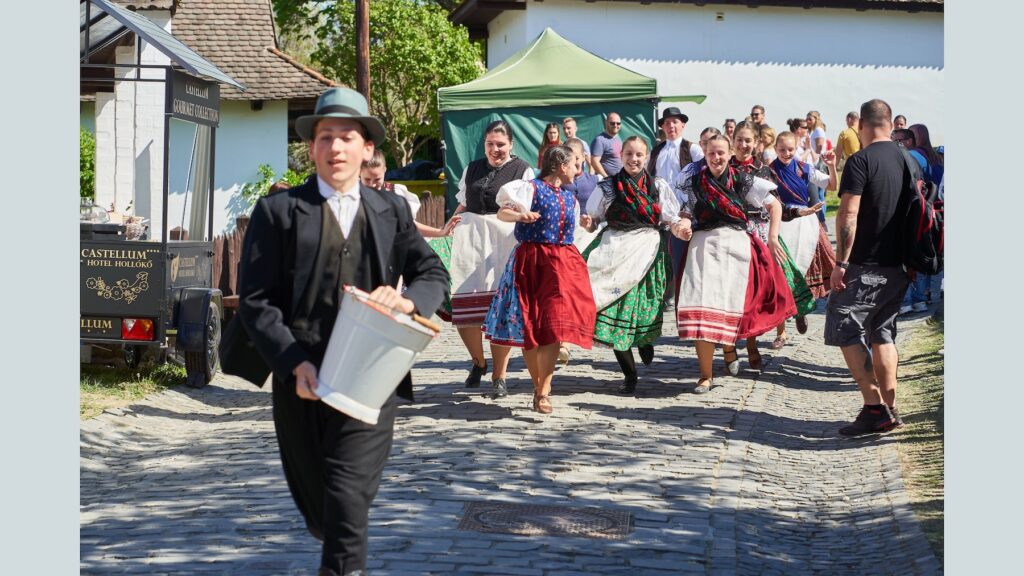2025 marks a significant milestone in European cultural policy. Two decades have passed since the Council of Europe’s Framework Convention on the Value of Cultural Heritage for Society (the Faro Convention) was opened for signature in Faro, Portugal in 2005.
Heritage as a Human Right
The approach of this convention centres on people and participation. Article 1 establishes that rights relating to cultural heritage are inherent in the right to participate in cultural life, grounded in the Universal Declaration of Human Rights, Article 27 of the Universal Declaration of Human Rights (1948), which states “Everyone has the right freely to participate in the cultural life of the community, to enjoy the arts and to share in scientific advancement and its benefits”.
The Convention introduces “heritage communities” which are groups who cherish and safeguard cultural heritage, passing it to future generations. What matters is not the object itself but the meanings communities attach to it. Objects are important because of the meanings and uses people attach to them and the values they represent. This includes crafts, languages, festivals, and customs held by living communities receive recognition alongside monuments. This strengthens local attachment, builds social bonds, and creates sustainable opportunities grounded in identity and place. Article 7 of the Faro Convention calls for this dynamic development of knowledge of cultural heritage to facilitate peaceful coexistence by promoting trust and mutual understanding.
Hungary
Hungary maintains eight World Heritage Sites inscribed on the UNESCO World Heritage List and stands among 25 Council of Europe member states, out of 46 member states, that have ratified the Faro Convention (as of 2025).
The Old Village of Hollókő, inscribed on UNESCO’s World Heritage List in 1987, exemplifies a preserved traditional settlement. Hollókő remains a living community. Residents preserve the village’s original function and Palóc cultural heritage by practising traditional crafts like leather craftsmanship, spoon carving, hand-woven and embroidered folk costumes, basket weaving, and pottery. This prevents culture from only being reduced to a museum about the past traditional activities.
Traditions like the Easter celebration with Locsolkodás, practiced in Hungary, maintain cultural practices as living expressions. Men sprinkle women with water or perfume (traditionally a bucket of water) on Easter Monday in exchange for painted eggs and pálinka after reciting some poem verses. This tradition dates back to pre-Christian fertility rituals and shows how communities sustain cultural heritage practices across centuries and give it meaning.

The Faro Convention recognises that heritage belongs to those who practise it, celebrate it, and pass it forward as a resource for building stronger, more connected societies in the present.
Photo credit: Botond; komorebi.stock; lkonya@optusnet.com.au; / depositphotos.com






